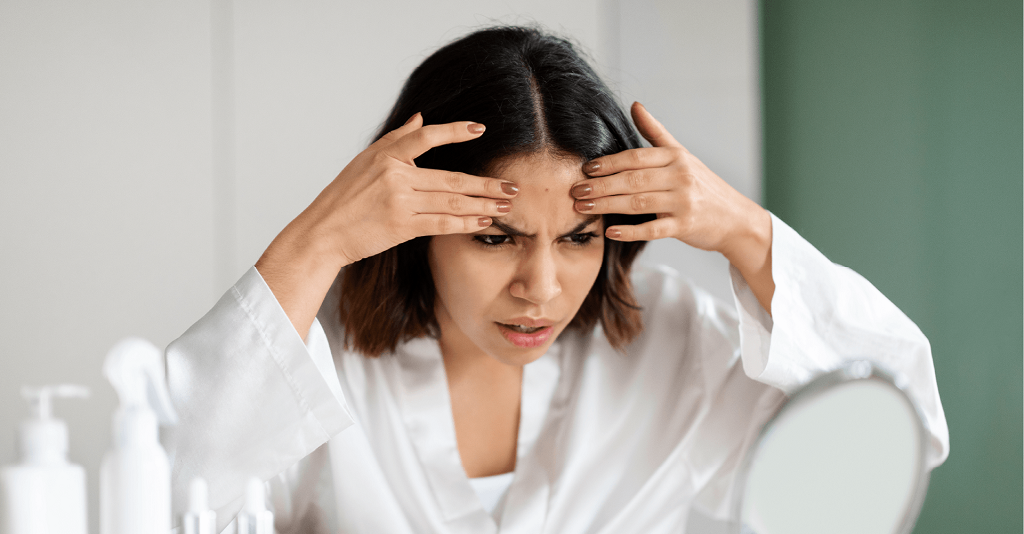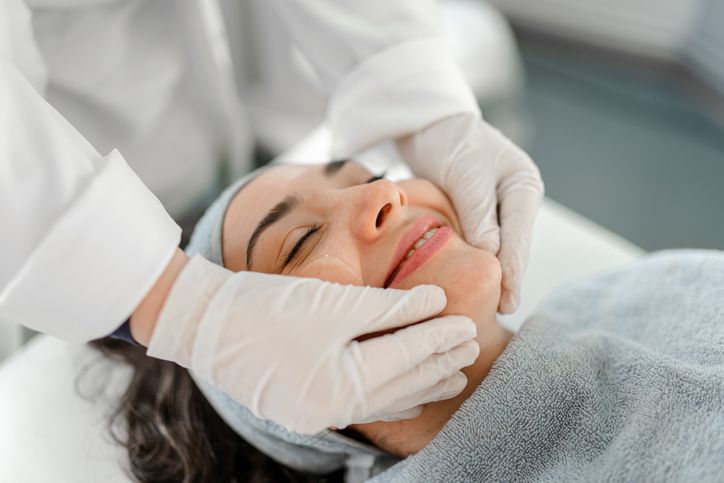Hormonal Imbalances Causing Folliculitis: What's the Connection?
For beauticians, understanding the underlying causes of skin conditions like folliculitis is crucial, as it allows for more personalized care and treatment options for clients. One such cause, often overlooked, is the impact of hormonal imbalances on skin health. Knowing how hormones can lead to folliculitis can empower beauticians to provide better advice and care regimes.

Understanding Hormonal Imbalances
Hormones play a critical role in regulating various bodily functions, including skin health. Imbalances in hormones such as androgens, estrogens, and cortisol can trigger excess oil production or inflammation, leading to skin conditions like folliculitis. Recognizing signs of hormonal imbalance can be the first step in addressing skin issues.
How Hormones Affect Skin Health
During puberty, pregnancy, or menopause, individuals often experience fluctuations in hormone levels. These fluctuations can stimulate the sebaceous glands to produce more oil, increasing the risk of clogged hair follicles, which can develop into folliculitis. Moreover, stress-induced hormone changes can exacerbate the condition.
Signs of Folliculitis on Skin
To effectively treat folliculitis, it is vital to identify its signs early. This [link](https://livananatural.com/blogs/news/signs-of-folliculitis-on-skin) provides an excellent resource on recognizing the condition. Symptoms include red bumps or pus-filled lesions that are often itchy or sore, appearing primarily on the scalp, face, or neck, where hair follicles are most concentrated.
Treating Hormonal Imbalances and Folliculitis
Addressing both the root cause and the symptoms is key. Treatments may include hormonal therapy, lifestyle changes, or topical solutions. Customized skincare products targeting excess oil production might also be beneficial. Learn more about effective treatments for other folliculitis causes, like bacterial infections, in this [article](https://livananatural.com/blogs/news/bacterial-infections-causing-folliculitis).
Bacterial vs. Hormonal Causes
While bacterial infections are a common trigger for folliculitis, hormonal imbalances can equally contribute to its onset. Understanding the difference can help beauticians tailor treatments effectively. For further reading on bacterial causes, visit this detailed [resource](https://livananatural.com/blogs/news/fungal-infections-leading-to-folliculitis).

Prevention Tips for Beauticians
Preventive care is invaluable. Regular client consultations can uncover hormonal changes impacting skin health. Advice should include stress management techniques, balanced diets to regulate hormonal levels, and the use of non-comedogenic skincare products to prevent follicle blockage. For more insights on managing stress-related skin impacts, consider this [insightful piece](https://livananatural.com/blogs/news/immune-system-and-folliculitis).
FAQ
Q: Can hormonal treatment cure folliculitis?
A: Hormonal treatments may help manage folliculitis triggered by hormonal imbalances. It's essential to consult with healthcare professionals for an accurate diagnosis.
Q: Are there specific skincare products for hormonally-induced folliculitis?
A: Yes, products with ingredients targeting excess oil and inflammation can be beneficial. Professional guidance is recommended.
Q: How long does hormonal folliculitis take to clear?
A: The duration varies based on the individual's hormonal levels and treatment plan. Patience and consistency in treatment are key.
For further understanding and broad perspectives on folliculitis, refer to an excellent overview provided by [WebMD](https://www.webmd.com/skin-problems-and-treatments/what-is-folliculitis).

